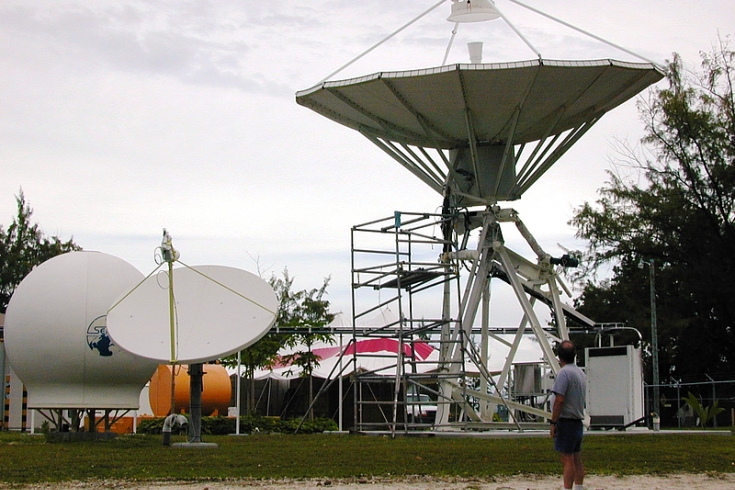CTBTO head pays first official visit to the United Kingdom

Hugh Robertson, Minister of State for the Foreign and Commonwealth Office
Entry into force of the Treaty will be a major boost to the global non-proliferation and disarmament architecture, a tangible step towards a safer and more stable world and, ultimately, towards a world without nuclear weapons.

One of twelve CTBTO monitoring stations hosted by the UK: hydroacoustic station HA08 on the island of Diego Garcia, British Indian Ocean Territory (BIOT)
Round-table discussion on the future of the CTBT at Chatham House
14 Feb 2014
